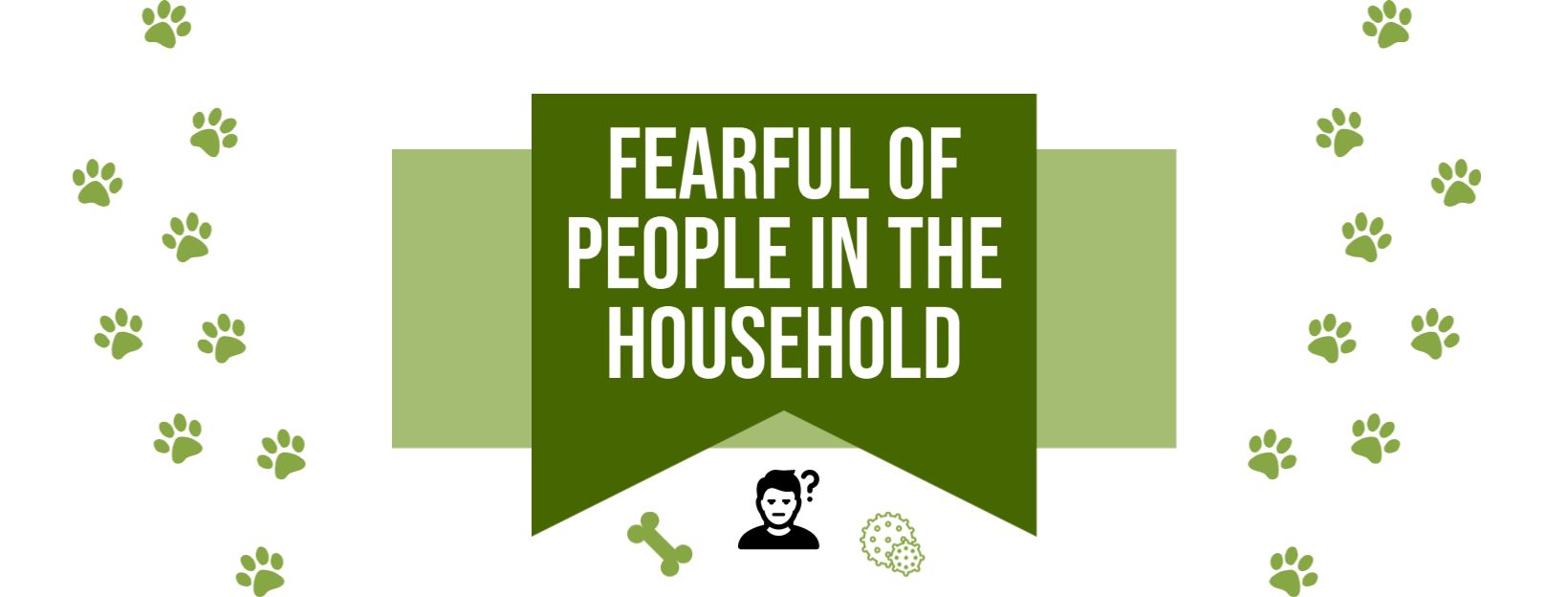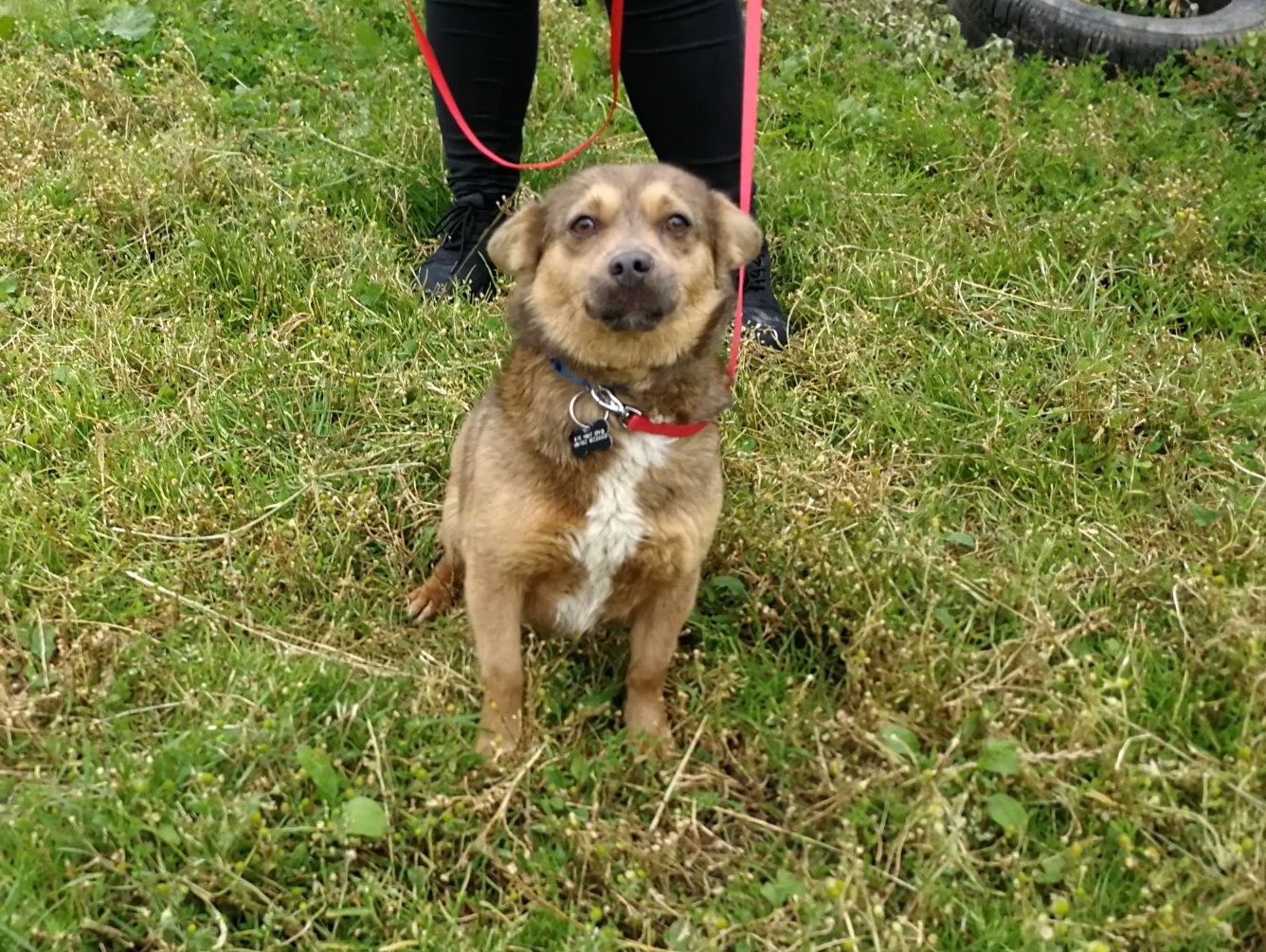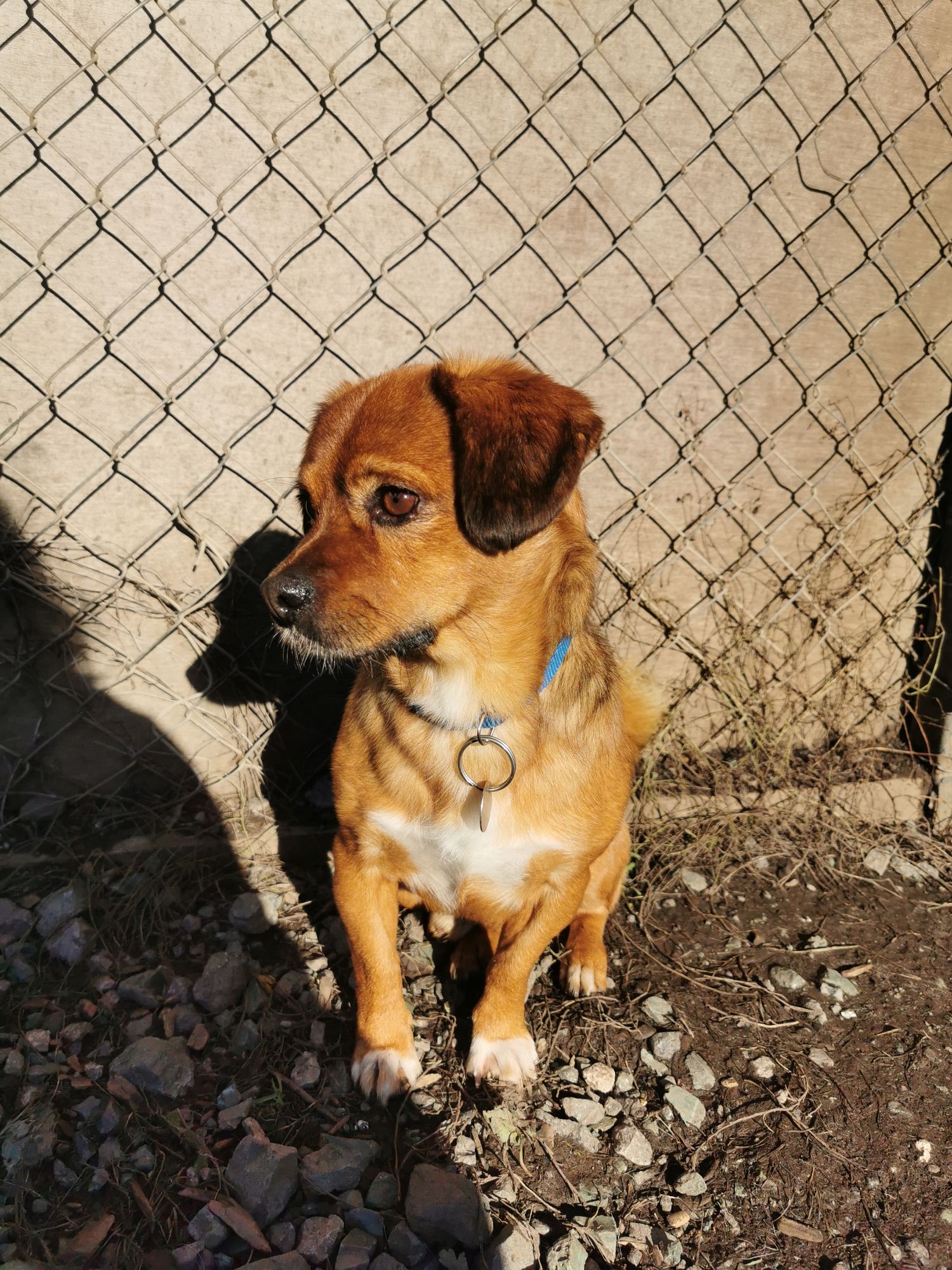
You've brought your rescue dog home, they've started to settle into daily life yet you've noticed that your dog is not bonding with at least one family member in the home and it's fristrating right? Why does this happen, and is there anything you can do about it?

Let's consider their history...
Most Rommies are undersocialised with people, missing out on the vital socialisation stage as puppies which leads them to be suspicious of humans. The only interaction they have with humans is when they are caught roughly be dog catchers and thrown into a kill-shelter where they are then manhandled if they do come into contact with people.
The first real caring interaction they experience is at the rescue centre in the UK, that's if the dogs are comfortable with touch; yet many dogs leave the centre too frightened of people to even allow the staff to touch them so the first nice hand that touches them will be in their forever home.
All the kill-shelter workers tend to be men, and most are employed via the government - they have not chosen to work with the dogs because they like dogs, they have to work there to put food on the table. You will find a clear difference in the attitude of people that choose to work with animals because they like animals, to those that have no other option and unfortunately this is also display via their treatment towards animals.
Rommies tend to be much more suspicious and fearful of males in the home due to their past experiences with men. It has nothing to do with your partner/brother/son/housemate personally, but the dog is fearful as they associate men with pain and abuse so we need to help them understand that not all men are scary. If your rommie is the other way around and is fearful of females, it is much more rare but it can happen - following the guidance below can help to create a bond with you family member/friend and dog.

Go back to basics:
You need to have the person the dog is fearful of take a step back, they can't actively try to make friends with the dog right now as it is only sending the dog backwards in terms of progression. Ask them to ignore the dog mostly, not paying much attention to them, in the meantime they can:
- Sit at a distance and throw treats to the dog: sit side-on as facing the dog can be confrontational, do not hold eye contact and busy themselves watching tv or reading a book, get them to throw treats in the dogs direction, starting further away and gradually getting closer. Keep the session to about 5 mins, this can be repeated a few times in the day. If it becomes too much for the dog, cut down to 1-2x a day.
- Drop treats near the dog any time they walk around them or past them.
- If they work from home and are usually upstairs all day, get them to work downstairs so the dog can see them and see that they are not making a big deal of the dog being around. If the dog chooses to go over or close to them get them to drop a treat on the floor.
- Get them to take over meal times, this way the dog views the person as the food giver, therefore bringing nice things, this needs to be consistent and can be balanced out again once the dog is more comfortable.
- If your dog walks on a lead, consider who walks them. The accompany your friend/son/partner on a couplf of walks with the dog and then allow them to go it alone together - this will help to strengthen the bond between them.
Consider how the person interacts with the dog:
Do they shout at the dog? Are they harsh with their handling or attitude towards the dog?
Having a bad attitude and telling a dog off is not going to help, you will find that if a dog has been exposed to being told off by the person or has been shouted at they will avoid that person or cower around them. If so, there needs to be a stern conversation and an attitide change, book an appointment with the trainers if they would like some advice on positive reinforcement training.
Under NO circumstances should anyone strike or hit a dog; this is abuse and must be reported to us and the police immediately.
For further support on this please contact:
Oakwood Canine Services
Tel: 01482 823555 - please leave a voicemail
Email: training@oakwoodcanineservices.co.uk
